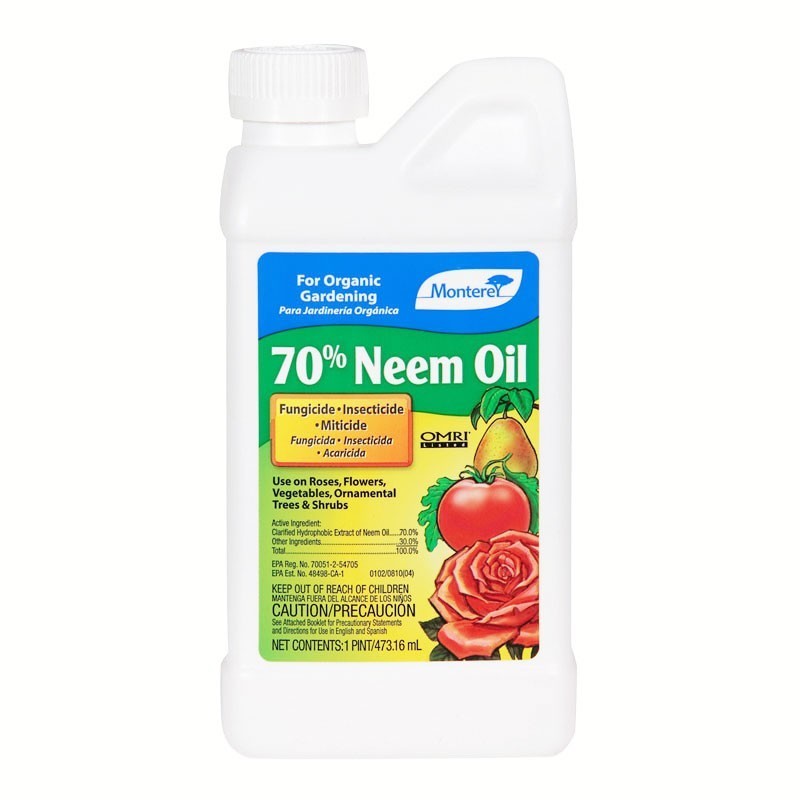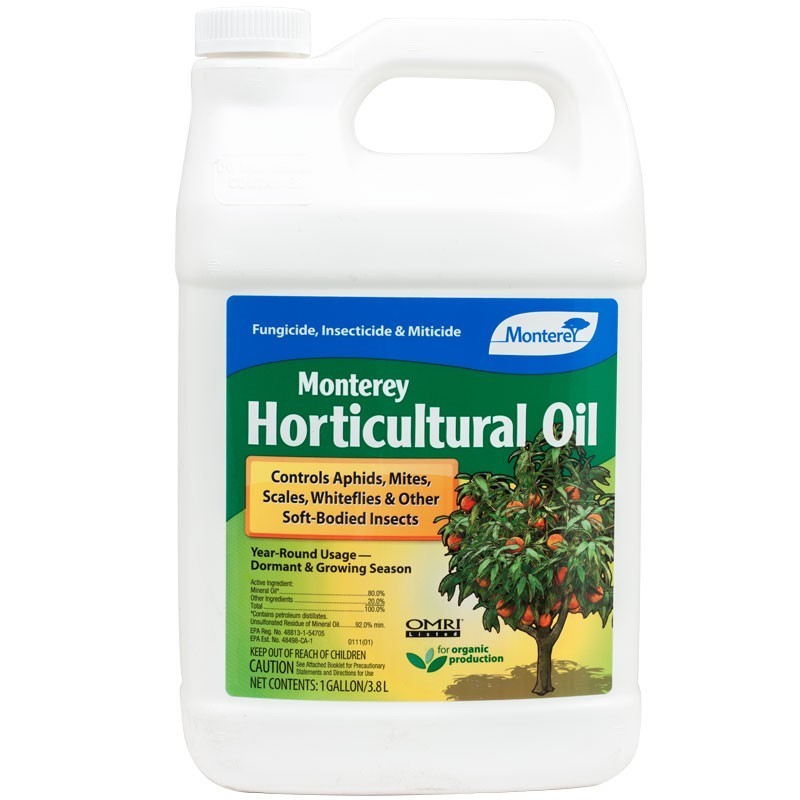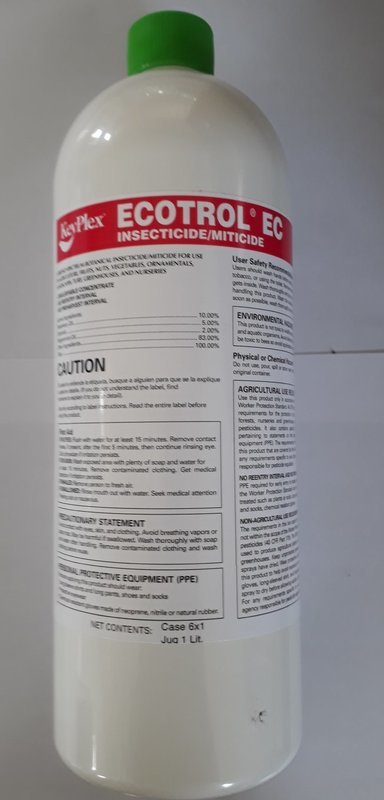Bio Insecticides for Gardens
Vegetable gardeners must contend with pests ranging from grubs, weeds, insects like aphids and leaf-chewing beetles, slugs and mildew spores. Problems with these pests can be minimized by using smart gardening practices such crop rotating crops, carefully choosing vegetable varieties resistant to local pests, practicing good sanitation by removing weeds and mulches and applying naturally derived organic pesticides when required.
Unlike synthetic pesticides, organic pesticides are created using botanical and mineral-based sources. Although both types can be toxic, organic pesticides break down far more quickly than traditional chemical products. However, because of this toxicity, even organic pesticides should be used as part of an integrated pest-management program only after other vegetable garden cultural strategies fail. When organic pesticides are required, broad-based application may not be necessary; often spot treatment of affected plants is effective. It's helpful to keep records whenever an organic pesticide is used and whether the treatment successfully controlled the problem.
Commercial organic pesticides can be purchased to manage common vegetable garden pests. Bacillus thuringiensis, commonly referred to as Bt, is a bacterial agent used to control insect problems. Other biopesticides include insecticidal soaps and horticultural oils, which are used to manage aphid infestations. Additional organic products to combat insect pests comprise diatomaceous earth, pyrethrums, rotenone and neem. Organic vegetable gardeners looking to prevent problems with fungal disease turn to products containing copper, hydrogen peroxide or sodium bicarbonate. Sodium bicarbonate, or baking soda, should not be overused, however, as it can lead to a buildup of sodium in the soil. In addition to its insecticidal properties, neem oil at high concentrations – 70 percent – can curb problems with powdery mildew. Iron phosphate is sold in pellet form as an organic pesticide used to kill slugs and snails, which prey on leafy green vegetables.


